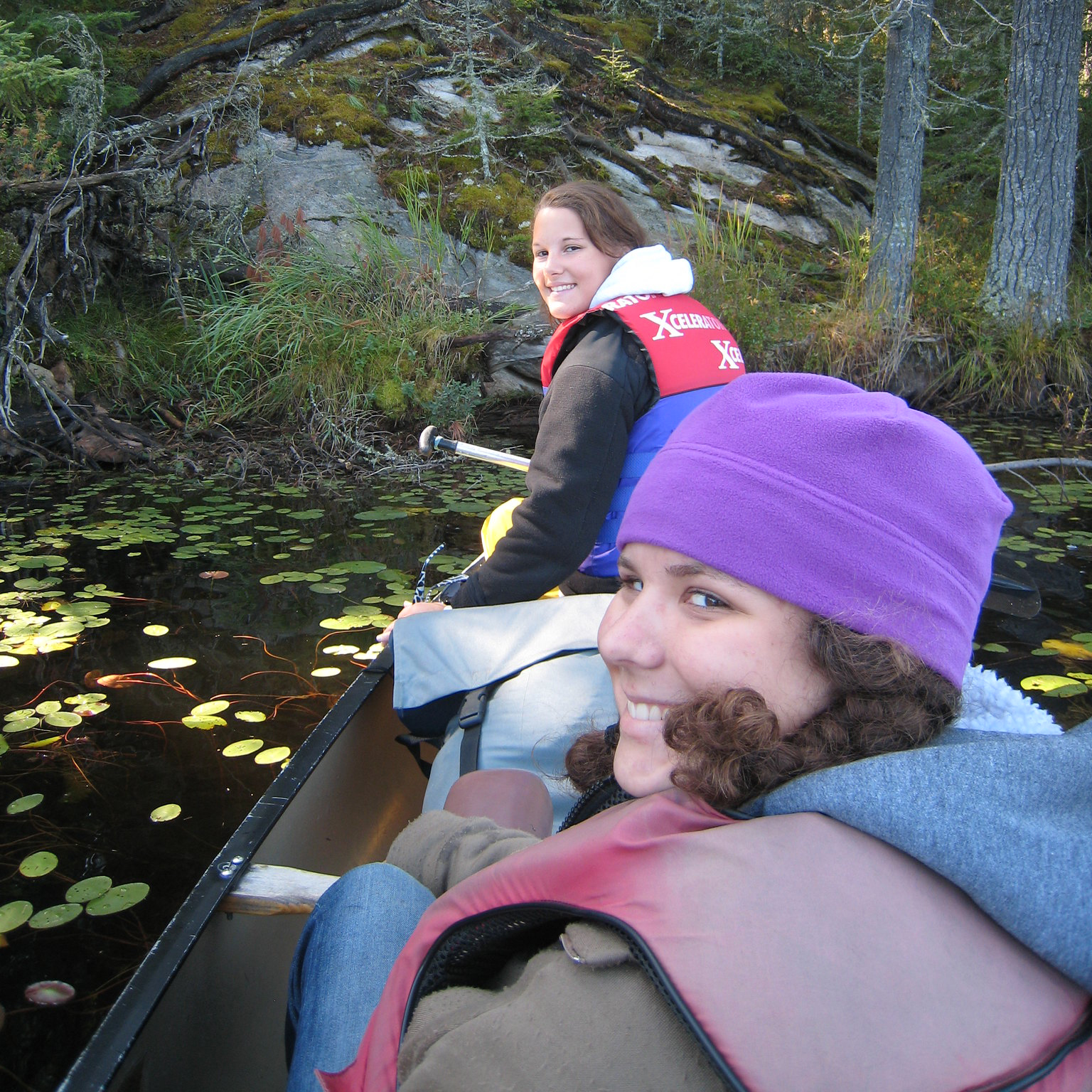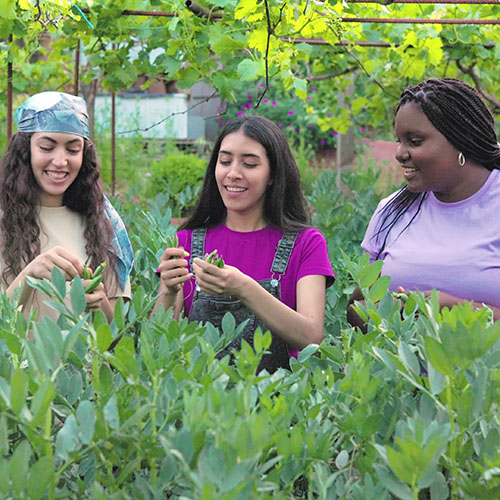Environmental Studies: Environmental Justice & Sustainability
Environmental justice and sustainability: leading change
Cornell College’s environmental justice and sustainability major is a social science and humanities-based curriculum grounded in understanding the societal ramifications of and solutions to environmental issues. This major prepares you for work in fields such as sustainability coordination, environmental law, and environmental policy. The major stands alone but also nicely serves to provide breadth to a second major in a single discipline (anthropology and sociology, English, politics, philosophy, or economics and business).
Environmental justice is increasingly recognized as a vital part of building a more equitable and sustainable future. Around the world, communities are coming together to demand cleaner air, safer water, and a healthier planet for all. Grassroots movements are driving change—from Indigenous-led efforts to protect sacred lands and biodiversity, to urban neighborhoods transforming vacant lots into green spaces and community gardens. These initiatives show how local action can lead to meaningful environmental and social progress.
At the same time, governments, nonprofits, and businesses are beginning to prioritize environmental justice in their policies and practices. New technologies and data tools are helping identify and address environmental disparities, while youth-led climate movements are pushing for bold, inclusive solutions. By studying environmental justice and sustainability at Cornell, you’ll join a growing network of changemakers committed to creating a world where environmental well-being is a right, not a privilege. This program equips you with the knowledge and skills to be part of that transformation—whether through advocacy, policy, education, or innovation.
Environmental justice and sustainability course and degree requirements

Your studies in this major will emphasize the interconnectedness of environmental issues and their impact on society. This can include pairing the study of ethics, socioeconomics, and human history and behaviors with an overview of environmental sciences. The major requires a core set of nine courses and an immersive capstone experience. You are encouraged to double major in environmental justice and sustainability with a second major of your choice that pairs with your personal interests.
Environmental justice and sustainability capstone
Your capstone is a project that provides you with real-world experience in your area of interest. Capstones can be projects overseen by a faculty member, an internship, or a fellowship. Honors in the major require a particularly in-depth capstone project and public presentation.
“Sustainability is the idea that we can’t just keep pulling an enormous amount of fish out of the ocean every year and expect there to always be more,” Professor of Geology Rhawn Denniston said. “We can’t continue to pump aquifers like crazy and expect that there will always be plenty of groundwater. We can’t burn coal and oil and just hope that the climate doesn’t change. We need to view the world as one with finite, not infinite, resources.”
Environmental justice and sustainability courses
environmental studies awards

Environmental justice and sustainability research
You’ll have ample opportunities to build up your research skills within this major. You’ll conduct research projects within some courses, and may have the opportunity to work with faculty within their research projects or develop your own. Alternatively, faculty and the coaches at the Berry Career Institute can help you obtain internships with governmental or private firms working in your area of interest.

Travel off-campus for first-hand experience
As part of your environmental justice and sustainability major, you might take an off-campus course where you will work with your professor and your classmates to explore environmental questions. Such trips provide hands-on experiences that are invaluable exposure to real-world issues in a growing field.
One example is the course Wilderness and the Arts, which considers conventional concepts of the wilderness in our culture. This course operates out of a wilderness field station in the Boundary Waters of northern Minnesota. Students canoe, make art, write wilderness journals, read and discuss literature, contemplate paintings—from the pictographs on the cliffs within the Boundary Waters to vibrant forest paintings and journals of Emily Carr.

Internships for environmental sustainability
When you're majoring in environmental justice and sustainability you will have a wide range of internship opportunities you can pursue that align with the interdisciplinary nature of this program. You might find opportunities working with local, regional, or federal government programs; non-profits and advocacy organziations; research and academia; corporate sustainability departments, or even international NGOs.
Our internship advisors in the Berry Career Institute and your professors can help identify internships you can pursue to gain experience and get a feel for which field(s) are right for you. Read our internship blogs to learn what experiences might be like.
Environmental Blogs Government, Law & Politics Blogs COMMUNITY DEVELOPMENT BLOGS
Career opportunities in environmental science and sustainability
The employment rate for environmental specialists is predicted to grow by 7% between 2023 and 2033, with most entry-level positions available to bachelor’s degree holders. The median annual pay for environmental scientists and specialists in 2024 was listed at $80,060 according to the U.S. Bureau of Labor Statistics.
Potential careers include:
- Environmental lawyers
- Environmental health specialists
- Sustainability coordinators
- Educators
The Berry Career Institute can help you identify what you’ll pursue with your background in environmental studies.
ENVIRONMENTAL CAREERS GOVERNMENT, LAW & POLITICSCOMMUNITY DEVELOPMENT

